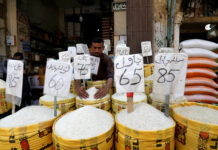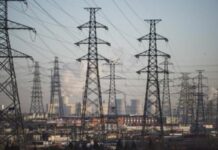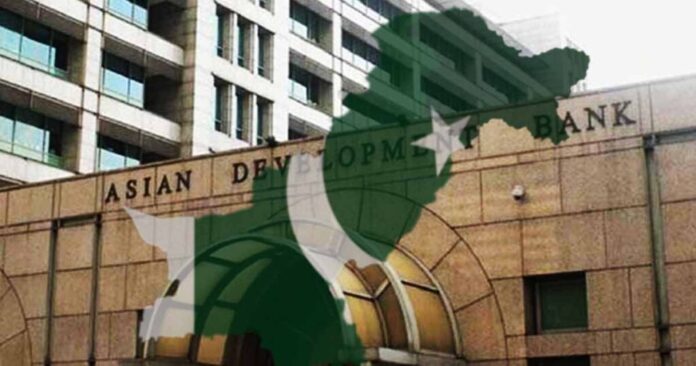The Asian Development Bank’s (ADB) latest report outlines the economic trajectory for Pakistan, projecting a subdued growth in FY2024 followed by a pickup in FY2025 contingent on effective economic reforms.
In its detailed report “April 2024 ‘Asian Development Outlook”, the ADB said that Pakistan’s real GDP is expected to grow by 1.9% in FY2024, primarily driven by a rebound in private sector investment due to progress in reform measures and a more stable government environment.
Factors such as increased private consumption and higher workers’ remittances, along with a shift towards a market-driven exchange rate, are anticipated to support this growth.
However, challenges such as low confidence, rising living costs, and tighter macroeconomic policies under the IMF program are expected to restrain domestic demand.
In FY2025, growth is forecasted to reach 2.8%, driven by improved confidence, reduced macroeconomic imbalances, structural reforms progress, political stability, and better external conditions.
The report also addresses inflation expectations, anticipating a decrease to 15.0% in FY2025 as macroeconomic stabilization efforts restore confidence.
The central bank has maintained a tightened monetary policy to address inflationary pressures, keeping the policy interest rate at 22.0% with a commitment to reach the medium-term target range of 5%–7%.
Regarding the current account, a relaxation of import restrictions alongside economic recovery is expected to widen the deficit, projected to be 1.5% of GDP in FY2024, the report said.
The report notes a decline in the deficit in the first 7 months of FY2024 compared to the same period in FY2023, attributing it to factors like weak demand growth, lower global food and fuel prices, and increased domestic production of certain commodities. However, a resurgence in imports is expected as domestic demand strengthens.
The report highlights the government’s fiscal consolidation efforts, aiming for a primary surplus of 0.4% of GDP and an overall deficit of 7.5% of GDP in FY2024, with gradual declines in subsequent years. Progress has been made in revenue generation and spending rationalization, with increased revenue from various sources and controlled expenditure contributing to this trend.
The report also reflects on the economic challenges faced in FY2023, including floods, political unrest, and policy challenges that led to a contraction in the economy. These challenges impacted private consumption, investment, and production across sectors, resulting in a decline in GDP.

























nice
HOW I FINALLY RECOVERED MY LOST BITCOIN:
Do you need help on how to recover lost or stolen Bitcoin from fake investment scammers? I lost all my Bitcoin to a fake investment scam to someone I met online. After losing my Bitcoin investments, I was determined to find a solution. I started searching for help legally to recover my funds, and I came across a lot of Testimonies about GEO COORDINATES HACKER. I am incredibly grateful for the exceptional service, and wanted to inform you all about this positive outcome. They emphasized their excellent strategy for Bitcoin recovery. In order to assist people and companies in recovering their lost or stolen cryptocurrencies. They guarantee that misplaced bitcoins have an opportunity to be recovered with their excellent services. If you or anyone you know ever finds yourselves in a similar unfortunate situation, I highly recommend reaching out to GEO COORDINATES HACKER. Contact Info Email:
( [email protected] )
Email; ( [email protected] )Telegram ( @Geocoordinateshacker )Website; https://geovcoordinateshac.wixsite.com/geo-coordinates-hack